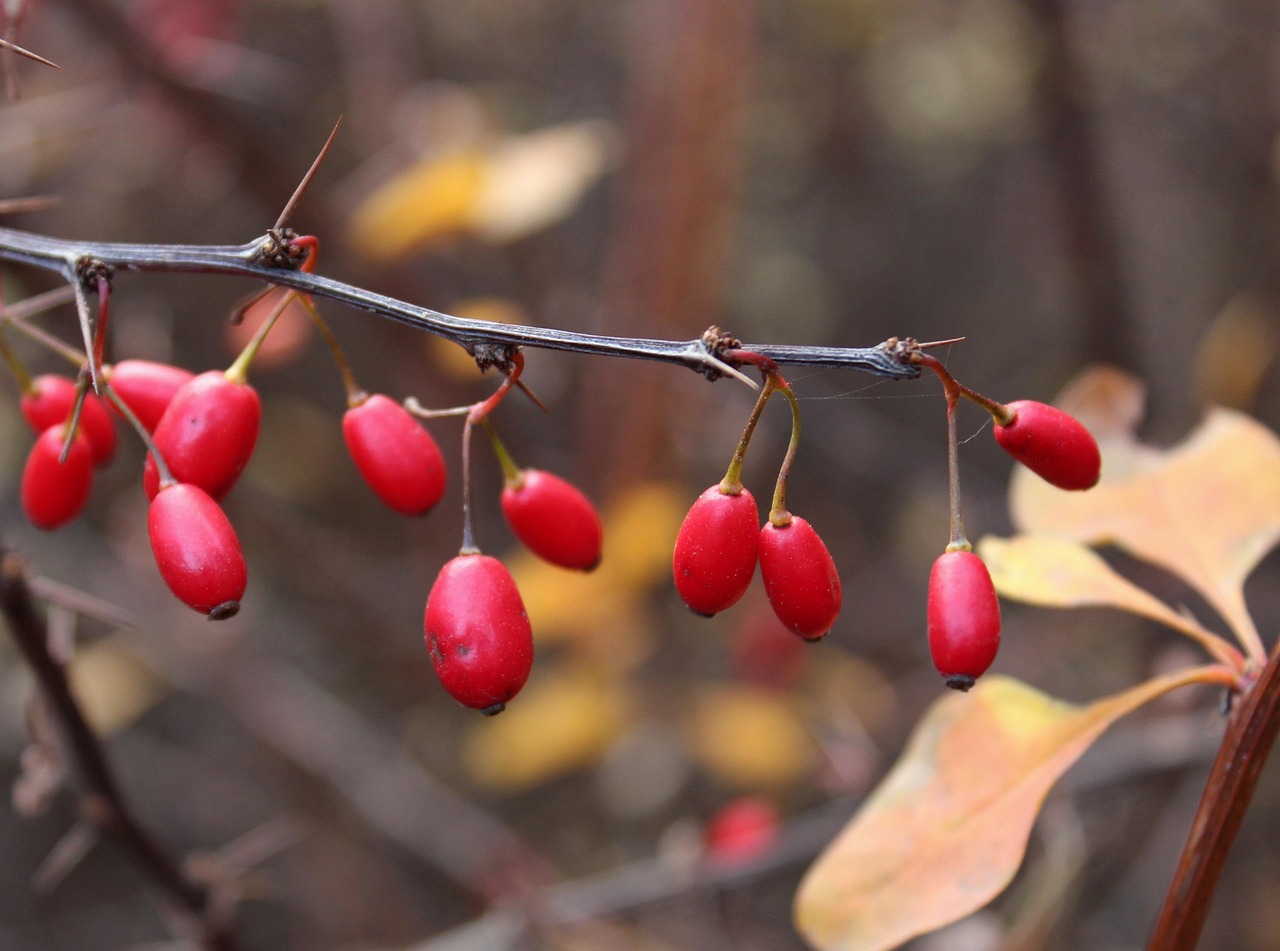This article explores the remarkable benefits, diverse sources, and intricate mechanisms of astaxanthin, a potent antioxidant. It aims to provide a comprehensive overview for health enthusiasts and supplement users alike.
What is Astaxanthin?
Astaxanthin is a vibrant carotenoid pigment primarily found in marine organisms such as shrimp, salmon, and certain microalgae. This natural compound is celebrated for its exceptional antioxidant properties, which help to combat oxidative stress and support overall health.
Health Benefits of Astaxanthin
- Reducing Inflammation: Astaxanthin has shown promise in alleviating chronic inflammation, making it a valuable supplement for those suffering from inflammatory conditions.
- Enhancing Skin Health: Often referred to as a “skin superhero,” astaxanthin protects against UV damage, improves skin elasticity, and promotes a youthful appearance.
- Improving Exercise Performance: Athletes may benefit from astaxanthin’s ability to enhance endurance and reduce muscle soreness after intense workouts.
Sources of Astaxanthin
The most significant natural source of astaxanthin is the microalga Haematococcus pluvialis. Other rich sources include:
- Salmon
- Shrimp
- Krill
Astaxanthin Supplements: What to Look For
When selecting astaxanthin supplements, consider factors such as purity, dosage, and the source of the astaxanthin to ensure maximum effectiveness and safety.
Dosage Recommendations for Astaxanthin
Finding the right dosage is crucial for experiencing the benefits of astaxanthin. Typical dosages may vary based on individual health goals:
- For general wellness: 4-12 mg per day
- For athletic performance: 12-24 mg per day
- For skin health: 6-12 mg per day
Safety and Side Effects of Astaxanthin
Astaxanthin is generally considered safe for consumption. However, it is important to be aware of potential side effects and interactions with other supplements or medications.
Conclusion: Harnessing the Power of Astaxanthin
Astaxanthin stands out as a remarkable antioxidant with a multitude of health benefits. By understanding its effects and sources, individuals can make informed decisions about incorporating this powerful supplement into their health regimen.
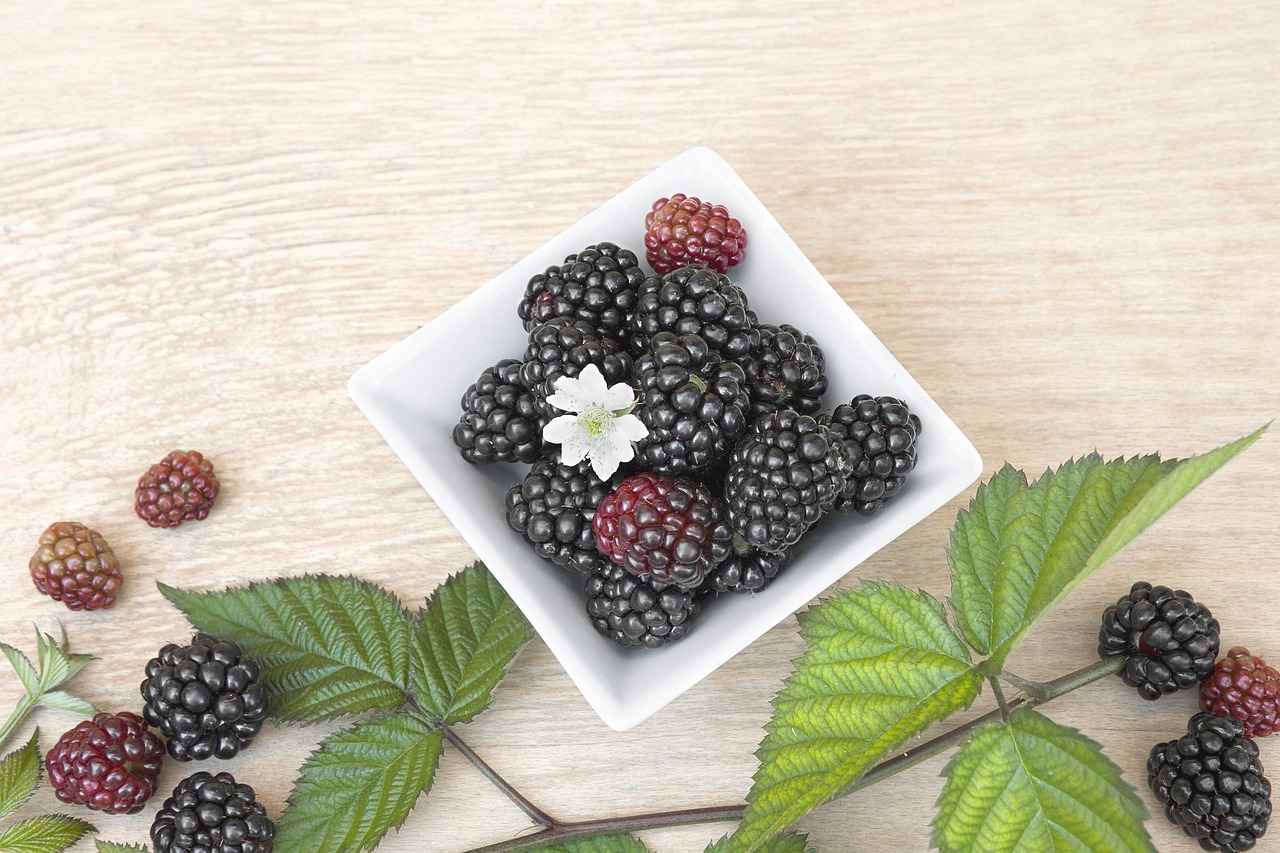
What is Astaxanthin?
Astaxanthin is a remarkable carotenoid pigment that is predominantly found in various marine organisms, particularly in species like salmon, shrimp, and krill. This vibrant pigment not only contributes to the reddish hue of these creatures but also serves as a potent antioxidant. Its significance extends beyond mere coloration; astaxanthin plays a crucial role in promoting overall health and well-being.
Renowned for its ability to combat oxidative stress, astaxanthin is often referred to as a super antioxidant. It is estimated to be up to 6000 times more effective than vitamin C in neutralizing free radicals, which are harmful molecules that can lead to cell damage and various chronic diseases. By mitigating oxidative damage, astaxanthin helps in maintaining cellular integrity and function, thereby promoting longevity and vitality.
Astaxanthin is particularly noted for its health benefits, which include:
- Reducing Inflammation: This carotenoid has been shown to lower inflammatory markers in the body, making it a valuable ally for those suffering from chronic inflammatory conditions.
- Enhancing Skin Health: Astaxanthin protects the skin from UV damage and improves elasticity, contributing to a youthful appearance.
- Improving Exercise Performance: Athletes often use astaxanthin supplements to enhance endurance and reduce recovery time after intense workouts.
In summary, astaxanthin is not just a pigment but a powerful nutrient with extensive health benefits. Its antioxidant properties make it a valuable addition to a healthy diet, particularly for those looking to improve their overall health and combat oxidative stress.
Conclusion: Understanding the significance of astaxanthin can empower individuals to make informed choices about their health. Whether through dietary sources or supplements, incorporating this potent antioxidant can lead to improved well-being and vitality.
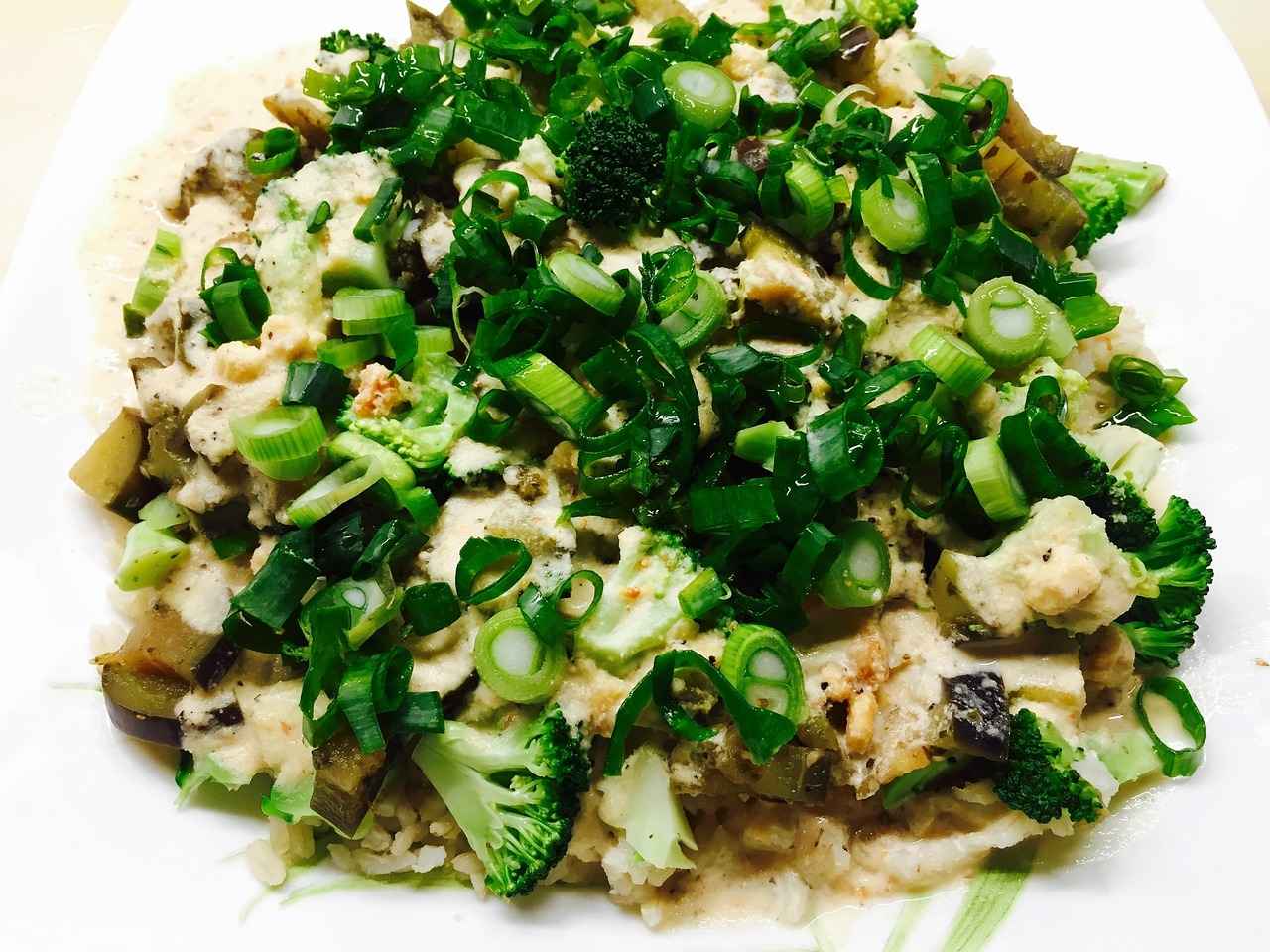
Health Benefits of Astaxanthin
Astaxanthin, a potent carotenoid, is gaining recognition for its extensive health benefits, making it a popular choice among health enthusiasts and supplement users. This remarkable antioxidant is not only known for its vibrant red hue, found in various marine organisms, but also for its ability to enhance overall well-being. This section will delve into the myriad advantages of astaxanthin, supported by scientific studies and expert insights.
- Reducing Inflammation: One of the most significant benefits of astaxanthin is its ability to combat inflammation. Research has shown that astaxanthin can effectively lower inflammatory markers in the body, making it a valuable addition to the diets of those suffering from chronic inflammatory conditions.
- Enhancing Skin Health: Astaxanthin is often referred to as a “skin superhero.” It protects the skin from UV damage, enhances skin elasticity, and reduces the appearance of fine lines and wrinkles. Studies indicate that astaxanthin supplementation can lead to significant improvements in skin texture and hydration.
- Improving Exercise Performance: Athletes and fitness enthusiasts are increasingly turning to astaxanthin for its potential to enhance exercise performance. Scientific research suggests that astaxanthin may improve endurance, reduce muscle soreness, and accelerate recovery times after intense physical activity.
In addition to these primary benefits, astaxanthin is also linked to improved eye health, cardiovascular support, and enhanced immune function. Its antioxidant properties help protect cells from oxidative stress, which is crucial for maintaining overall health.
In conclusion, astaxanthin offers numerous health benefits, making it a valuable supplement for individuals seeking to improve their well-being. With its ability to reduce inflammation, enhance skin health, and improve exercise performance, astaxanthin stands out as a powerful ally in the pursuit of better health.
Astaxanthin and Inflammation
Astaxanthin, a potent carotenoid, has garnered attention for its remarkable anti-inflammatory properties. Chronic inflammation is a significant health concern, linked to various diseases such as arthritis, heart disease, and even cancer. As a natural compound, astaxanthin offers a promising avenue for those seeking to manage inflammation effectively.
Research has shown that astaxanthin can significantly reduce markers of inflammation in the body. For instance, studies indicate that it helps lower levels of pro-inflammatory cytokines, which play a crucial role in the inflammatory response. By modulating these inflammatory pathways, astaxanthin contributes to a healthier inflammatory balance, potentially alleviating symptoms associated with chronic inflammatory conditions.
Moreover, astaxanthin’s antioxidant capabilities further enhance its anti-inflammatory effects. By combating oxidative stress, it helps protect cells from damage, which is often a precursor to inflammation. This dual action makes astaxanthin a valuable supplement for individuals looking to improve their overall health.
In addition to its biochemical effects, astaxanthin has also shown promise in improving recovery times after physical exertion. Athletes and fitness enthusiasts may benefit from incorporating astaxanthin into their regimen, as it aids in reducing muscle soreness and fatigue post-exercise.
In summary, the anti-inflammatory properties of astaxanthin make it a noteworthy supplement for those dealing with chronic inflammation. With ongoing research supporting its efficacy, astaxanthin stands out as a natural option for enhancing health and well-being.
| Benefits of Astaxanthin | Effects on Inflammation |
|---|---|
| Reduces cytokine levels | Decreases inflammation markers |
| Enhances antioxidant defenses | Protects against oxidative stress |
| Improves recovery time | Reduces muscle soreness |
How Astaxanthin Works Against Inflammation
Understanding How Astaxanthin Works Against Inflammation
Astaxanthin, a potent carotenoid, is not just a vibrant pigment found in marine life; it is a powerful anti-inflammatory agent that plays a crucial role in modulating the body’s inflammatory responses. This section delves into the mechanisms through which astaxanthin exerts its effects on inflammation, providing insights for health enthusiasts and those seeking natural remedies.
- Modulation of Cytokine Levels: Astaxanthin is known to influence the production of cytokines, which are signaling molecules that mediate and regulate immunity and inflammation. By lowering the levels of pro-inflammatory cytokines, astaxanthin helps to maintain a balanced immune response.
- Reduction of Oxidative Stress: One of the primary contributors to inflammation is oxidative stress. Astaxanthin’s strong antioxidant properties enable it to neutralize free radicals, thus reducing oxidative damage to cells and tissues. This reduction in oxidative stress is essential for alleviating inflammation.
- Enhanced Recovery Post-Exercise: For athletes and fitness enthusiasts, astaxanthin can significantly improve recovery times after intense physical exertion. By reducing inflammation and muscle damage, it aids in faster recovery and better overall performance.
Research has shown that astaxanthin can effectively lower markers of inflammation, such as C-reactive protein (CRP) and other inflammatory mediators. This makes it a valuable supplement for individuals dealing with chronic inflammatory conditions or those looking to enhance their athletic performance.
In conclusion, the multifaceted approach of astaxanthin in combating inflammation, through the modulation of cytokine levels and reduction of oxidative stress, highlights its potential as a natural remedy. Incorporating astaxanthin into your health regimen may offer significant benefits in managing inflammation and improving recovery.
Studies Supporting Astaxanthin’s Anti-inflammatory Effects
Astaxanthin, a potent carotenoid, has gained considerable attention in the scientific community for its impressive anti-inflammatory properties. Numerous clinical studies have highlighted its effectiveness in managing inflammation, making it a promising natural remedy for various inflammatory conditions.
One significant study published in the Journal of Clinical Biochemistry and Nutrition demonstrated that astaxanthin supplementation led to a marked reduction in levels of inflammatory markers such as C-reactive protein (CRP) and interleukin-6 (IL-6). Participants who received astaxanthin showed a decrease in these markers, indicating a reduction in systemic inflammation.
Additionally, research conducted on athletes revealed that astaxanthin could help mitigate exercise-induced inflammation. A study in the Journal of Sports Medicine and Physical Fitness found that athletes taking astaxanthin experienced lower levels of muscle soreness and inflammation following intense training sessions. This suggests that astaxanthin not only aids in recovery but also enhances overall performance by reducing inflammation.
Another noteworthy investigation published in Phytotherapy Research examined the effects of astaxanthin on chronic inflammatory diseases. The results indicated that astaxanthin supplementation significantly improved symptoms in individuals suffering from conditions like rheumatoid arthritis and inflammatory bowel disease. This positions astaxanthin as a potential adjunct therapy for managing chronic inflammatory conditions.
Furthermore, astaxanthin’s ability to cross the blood-brain barrier enhances its potential in treating neuroinflammatory disorders. Research in the Journal of Neuroinflammation suggests that astaxanthin may help reduce inflammation in the brain, offering protective benefits against neurodegenerative diseases.
In conclusion, the accumulating evidence from various clinical studies underscores the effectiveness of astaxanthin in reducing inflammation. Its multifaceted approach to managing inflammatory responses makes it a valuable addition to the arsenal of natural remedies available for those seeking relief from chronic inflammation.
Astaxanthin for Skin Health
Astaxanthin is increasingly recognized in the beauty and wellness industry as a potent ally for maintaining healthy skin. This remarkable carotenoid, derived primarily from microalgae, offers a myriad of benefits that contribute to overall skin health. In this section, we will explore how astaxanthin acts as a protective agent against environmental stressors, particularly UV radiation, and its role in enhancing skin elasticity and hydration.
One of the most significant advantages of astaxanthin is its ability to combat UV damage. Research indicates that astaxanthin can absorb UV light, thereby reducing the harmful effects it has on skin cells. This protective effect helps to minimize the risk of sunburn and long-term skin damage, such as premature aging and skin cancer. By neutralizing free radicals generated by UV exposure, astaxanthin plays a crucial role in maintaining skin integrity.
In addition to its protective qualities, astaxanthin has been shown to improve skin elasticity. As we age, our skin naturally loses its firmness and resilience. Studies suggest that astaxanthin supplementation may enhance collagen production, which is essential for maintaining skin structure and suppleness. This increase in collagen can lead to a noticeable reduction in the appearance of fine lines and wrinkles, promoting a more youthful complexion.
- Hydration: Astaxanthin helps to improve skin moisture levels, making it an excellent choice for those struggling with dryness.
- Anti-inflammatory Effects: Its anti-inflammatory properties can soothe irritated skin, reducing redness and promoting an even skin tone.
- Overall Skin Appearance: Regular use of astaxanthin can lead to a brighter, more vibrant skin appearance.
In conclusion, incorporating astaxanthin into your skincare routine can provide extensive benefits, from protecting against UV damage to enhancing skin elasticity and hydration. As a natural antioxidant, it stands out as a superhero for skin health, making it a valuable addition to both topical and dietary applications. For those seeking to elevate their skincare regimen, astaxanthin proves to be a worthy investment in achieving radiant and resilient skin.
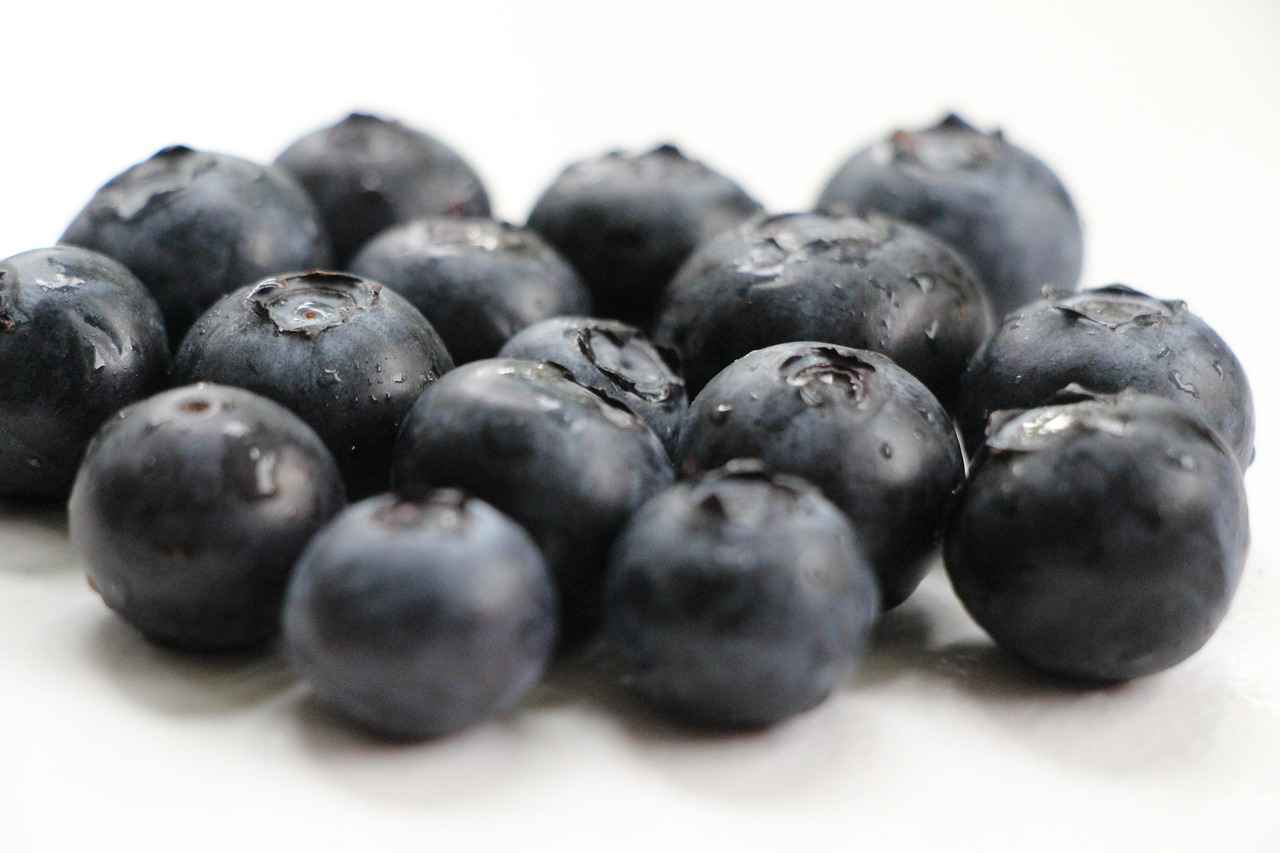
Sources of Astaxanthin
Astaxanthin, a potent antioxidant, can be derived from a variety of natural sources. This carotenoid pigment is primarily found in specific microalgae and seafood, making it essential for those looking to enhance their diet with this remarkable compound. Understanding the best dietary sources of astaxanthin is crucial for maximizing its health benefits.
Natural Sources of Astaxanthin
- Microalgae: The most significant source of astaxanthin is the microalga Haematococcus pluvialis. This microalga accumulates astaxanthin in response to environmental stress, making it a rich source for supplements.
- Seafood: Various marine organisms are also excellent sources of astaxanthin. Notable examples include:
- Salmon: Wild-caught salmon is particularly high in astaxanthin, contributing to its pink-orange hue.
- Shrimp: Shrimp and other crustaceans contain astaxanthin, which gives them their characteristic color.
- Krill: Krill oil is another source that provides astaxanthin along with omega-3 fatty acids.
Importance of Supplementation
While dietary sources are beneficial, supplementation may be necessary for individuals who do not consume enough astaxanthin-rich foods. Supplements can provide a concentrated dose, ensuring that individuals receive an adequate amount for optimal health benefits. It’s essential to choose high-quality supplements that specify the source of astaxanthin, as this can affect its bioavailability and effectiveness.
In conclusion, incorporating astaxanthin into your diet through natural sources or supplements can significantly enhance overall health. Whether through the colorful seafood on your plate or a carefully chosen supplement, ensuring adequate intake of this powerful antioxidant can lead to numerous health benefits.
Natural Sources of Astaxanthin
are essential for those looking to boost their health with this powerful antioxidant. Astaxanthin is a carotenoid that provides vibrant red and pink colors to various marine life, and it is celebrated for its numerous health benefits.
The most significant natural source of astaxanthin is the microalga Haematococcus pluvialis. This microalga is known for its high concentration of astaxanthin, especially under stressful conditions such as high light intensity and nutrient deprivation. The astaxanthin produced by Haematococcus pluvialis is considered the most bioavailable form, making it an ideal choice for supplementation.
In addition to microalgae, other dietary sources of astaxanthin include:
- Salmon: This popular fish is not only a rich source of omega-3 fatty acids but also contains significant amounts of astaxanthin, contributing to its pink hue.
- Shrimp: Often enjoyed in various cuisines, shrimp is another seafood rich in astaxanthin, providing both flavor and health benefits.
- Krill: These small crustaceans are known for their high astaxanthin content, making krill oil a popular supplement among health enthusiasts.
Other sources include certain species of trout and flamingos, which derive their pink coloration from the astaxanthin in their diet. It’s important to note that while these sources provide astaxanthin, the concentration varies significantly. Therefore, for those looking to maximize their intake, supplementation may be a beneficial option.
In conclusion, incorporating a variety of these natural sources into your diet can help you harness the antioxidant power of astaxanthin. Whether through whole foods or supplements, astaxanthin can play a crucial role in promoting overall health and well-being.
Astaxanthin Supplements: What to Look For
When it comes to selecting astaxanthin supplements, several critical factors should be thoroughly evaluated to ensure you are making a safe and effective choice. Understanding these factors can help you maximize the benefits of this powerful antioxidant.
- Purity: Always opt for supplements that are free from contaminants. Look for products that have been tested for heavy metals, pesticides, and other harmful substances. Certifications from third-party testing organizations can provide additional assurance of quality.
- Dosage: The effectiveness of astaxanthin can significantly depend on the dosage. It is essential to choose a supplement that provides an adequate amount of astaxanthin per serving, typically ranging from 4mg to 12mg daily, based on various studies.
- Source: The source of astaxanthin is crucial. The most potent form is derived from the microalga Haematococcus pluvialis, which is known for its high astaxanthin content. Supplements sourced from reputable companies that use this algae are often more effective.
- Formulation: Some astaxanthin supplements come in various forms, such as soft gels or powders. Soft gels may enhance absorption due to their lipid-based formulation, while powders can be more versatile for mixing into foods or drinks.
- Additional Ingredients: Check for any additional ingredients in the supplement. Some formulations may include complementary ingredients that enhance absorption or provide additional health benefits, such as omega-3 fatty acids.
By carefully considering these factors, you can select an astaxanthin supplement that not only meets your health needs but also ensures safety and effectiveness. Always consult with a healthcare professional before starting any new supplement regimen.
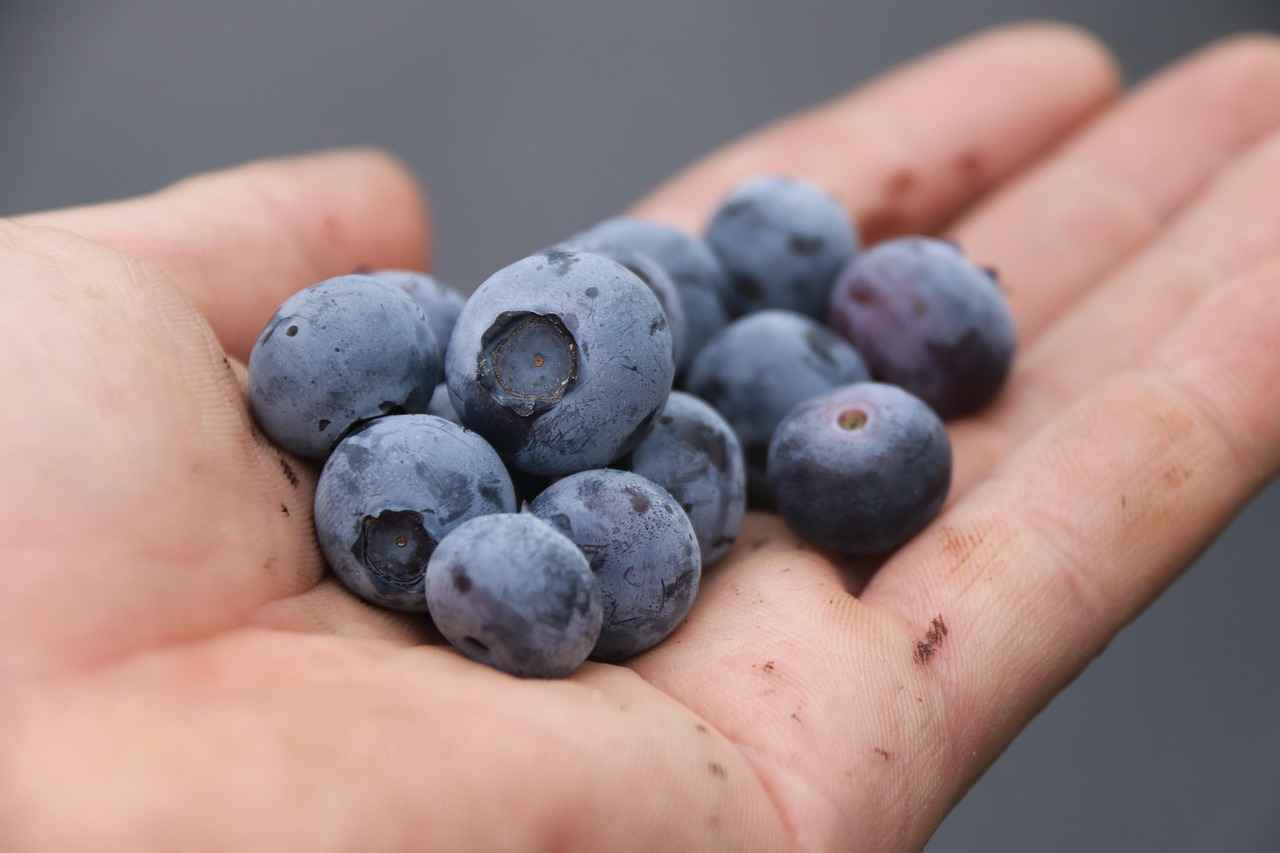
Dosage Recommendations for Astaxanthin
Finding the right dosage of astaxanthin is crucial for experiencing its benefits effectively. This section provides essential guidelines based on extensive research and expert recommendations for optimal intake.
Astaxanthin is a potent antioxidant that has gained popularity for its various health benefits. However, to harness its full potential, understanding the appropriate dosage is vital. Below are key considerations for determining the right amount of astaxanthin for individual needs:
- General Wellness: For overall health maintenance, a daily dosage of 4 to 12 mg of astaxanthin is typically recommended. This range is supported by studies that highlight its effectiveness in promoting antioxidant activity.
- Athletic Performance: Athletes or those engaging in intense physical activity may benefit from higher dosages, ranging from 12 to 24 mg per day. Research indicates that this level can enhance endurance and reduce muscle soreness.
- Skin Health: For those seeking to improve skin elasticity and protect against UV damage, a dosage of 6 to 12 mg is often suggested. This can help in maintaining skin health and appearance.
- Specific Health Conditions: Individuals with particular health issues, such as chronic inflammation or cardiovascular concerns, may require tailored dosages. Consulting with a healthcare provider is advisable to determine the best course of action.
It’s important to note that while astaxanthin is generally considered safe, exceeding recommended dosages may lead to potential side effects. Common side effects include stomach upset and changes in skin color. Therefore, starting with a lower dose and gradually increasing it can help gauge individual tolerance.
In conclusion, finding the right dosage of astaxanthin is essential for maximizing its health benefits. By following these guidelines and consulting with healthcare professionals, individuals can effectively incorporate astaxanthin into their wellness routines.
Typical Dosages for Different Health Goals
When it comes to incorporating astaxanthin into your health regimen, understanding the appropriate dosage is essential to maximize its benefits. The recommended dosages can vary significantly based on individual health objectives, such as general wellness, athletic performance, and skin health. Below is a detailed breakdown of typical dosages tailored to these specific goals.
- General Wellness: For individuals seeking to enhance overall health and boost their antioxidant levels, a daily dosage of 4 to 8 mg of astaxanthin is commonly recommended. This dosage is considered effective for supporting immune function and reducing oxidative stress.
- Athletic Performance: Athletes or individuals engaged in regular strenuous activities may benefit from higher dosages. A range of 8 to 12 mg per day is often suggested to improve endurance, reduce muscle soreness, and enhance recovery times after exercise.
- Skin Health: For those focused on improving skin appearance and protection against UV damage, a daily intake of 6 to 12 mg can be beneficial. This dosage has been associated with improved skin elasticity and hydration, as well as reduced signs of aging.
It is important to note that individual responses to astaxanthin can vary, and factors such as age, weight, and specific health conditions may influence the ideal dosage. Therefore, consulting with a healthcare professional before starting any new supplement regimen is advisable.
In summary, while the dosages of astaxanthin can differ based on health goals, adhering to recommended guidelines can help individuals achieve optimal results. Whether for general wellness, athletic enhancement, or skin care, astaxanthin remains a potent ally in the pursuit of better health.
Safety and Side Effects of Astaxanthin
Astaxanthin is widely recognized for its numerous health benefits and is generally considered safe for consumption. However, like any supplement, it is important for users to be aware of potential side effects and interactions with other medications or supplements.
While most individuals tolerate astaxanthin well, some may experience mild side effects. These can include:
- Gastrointestinal Issues: Some users report symptoms such as stomach upset, diarrhea, or nausea.
- Skin Changes: Astaxanthin may cause a slight change in skin color, leading to a more orange hue, especially at higher doses.
- Allergic Reactions: Although rare, some individuals may have an allergic reaction, resulting in itching or rash.
It is crucial to consult with a healthcare professional before starting astaxanthin, especially for those who are:
- Pregnant or breastfeeding
- Taking medications, particularly blood thinners, as astaxanthin may enhance their effects
- On medications for diabetes, as astaxanthin can affect blood sugar levels
Additionally, individuals with specific health conditions should exercise caution. For example, those with autoimmune disorders may need to avoid astaxanthin, as it could potentially stimulate the immune system.
In summary, while astaxanthin is considered safe for most people, awareness of potential side effects and interactions is essential. Always seek guidance from a healthcare provider to ensure safe and effective use of this powerful antioxidant.
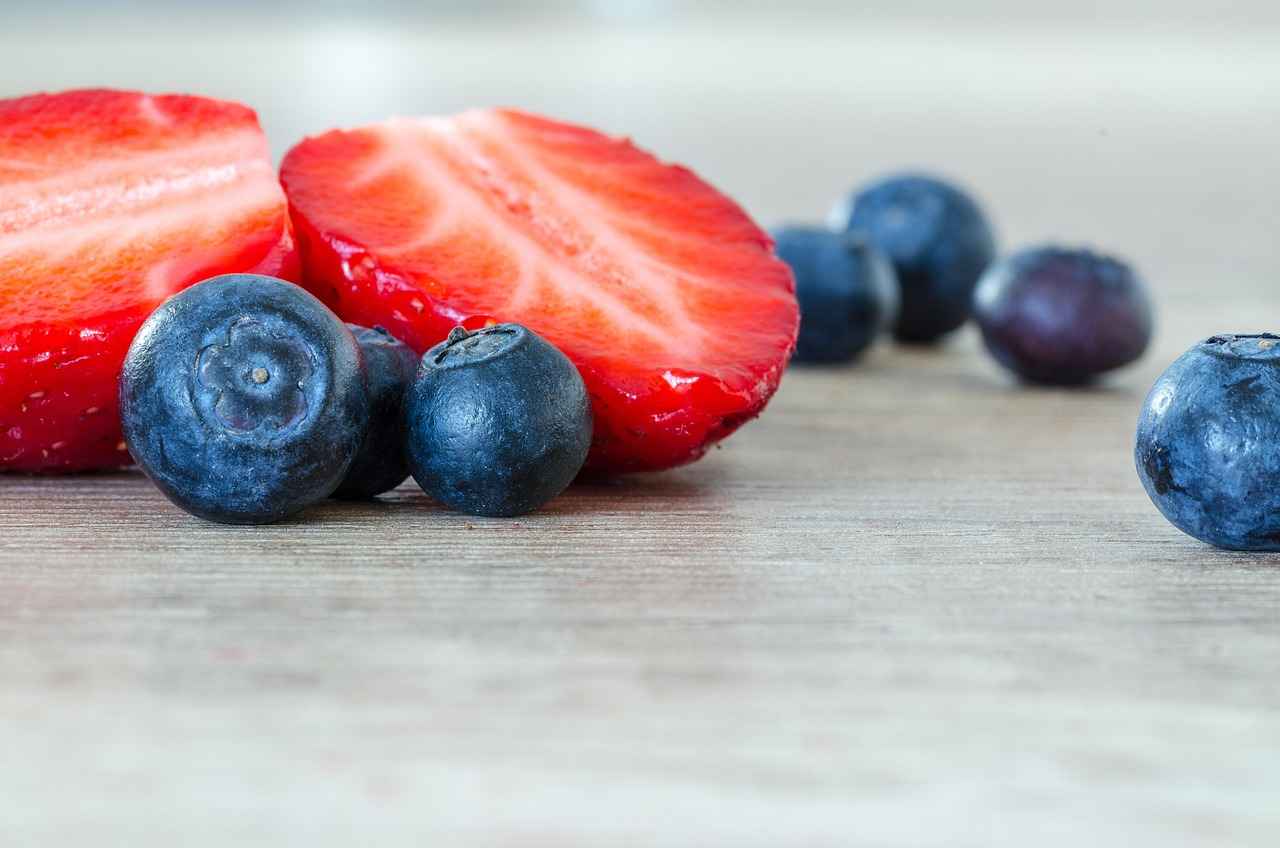
Conclusion: Harnessing the Power of Astaxanthin
Astaxanthin is a remarkable antioxidant that has gained significant attention for its numerous health benefits. As a potent carotenoid, astaxanthin is primarily derived from microalgae and is responsible for the pink-red coloration in various marine organisms, such as salmon and shrimp. Understanding the effects of astaxanthin, along with its natural sources, empowers individuals to make informed decisions about its incorporation into their health routines.
Astaxanthin is often touted for its impressive antioxidant properties, which help to combat oxidative stress in the body. This oxidative stress can lead to various health issues, including chronic diseases and accelerated aging. By neutralizing free radicals, astaxanthin plays a crucial role in promoting overall health and well-being.
- Inflammation Reduction: Astaxanthin has been shown to significantly reduce markers of inflammation, making it an effective supplement for those suffering from chronic inflammatory conditions.
- Enhanced Skin Health: This antioxidant protects the skin from UV damage and improves skin elasticity, making it a popular ingredient in skincare products.
- Improved Exercise Performance: Athletes often use astaxanthin to enhance endurance and recovery, as it helps reduce muscle fatigue and oxidative damage during intense workouts.
The primary source of astaxanthin is the microalga Haematococcus pluvialis. Other dietary sources include:
- Salmon
- Shrimp
- Krill
When selecting astaxanthin supplements, consider factors such as purity, dosage, and the source of the astaxanthin. High-quality supplements can provide maximum effectiveness and safety.
The optimal dosage of astaxanthin varies based on individual health goals. Typical recommendations range from 4 to 12 mg per day, depending on whether the focus is on general wellness, athletic performance, or skin health.
In conclusion, astaxanthin is a powerful antioxidant with a multitude of health benefits. By understanding its effects and sources, individuals can make informed decisions about incorporating it into their health regimen. Whether through dietary sources or supplements, harnessing the power of astaxanthin can lead to improved health outcomes and enhanced quality of life.

